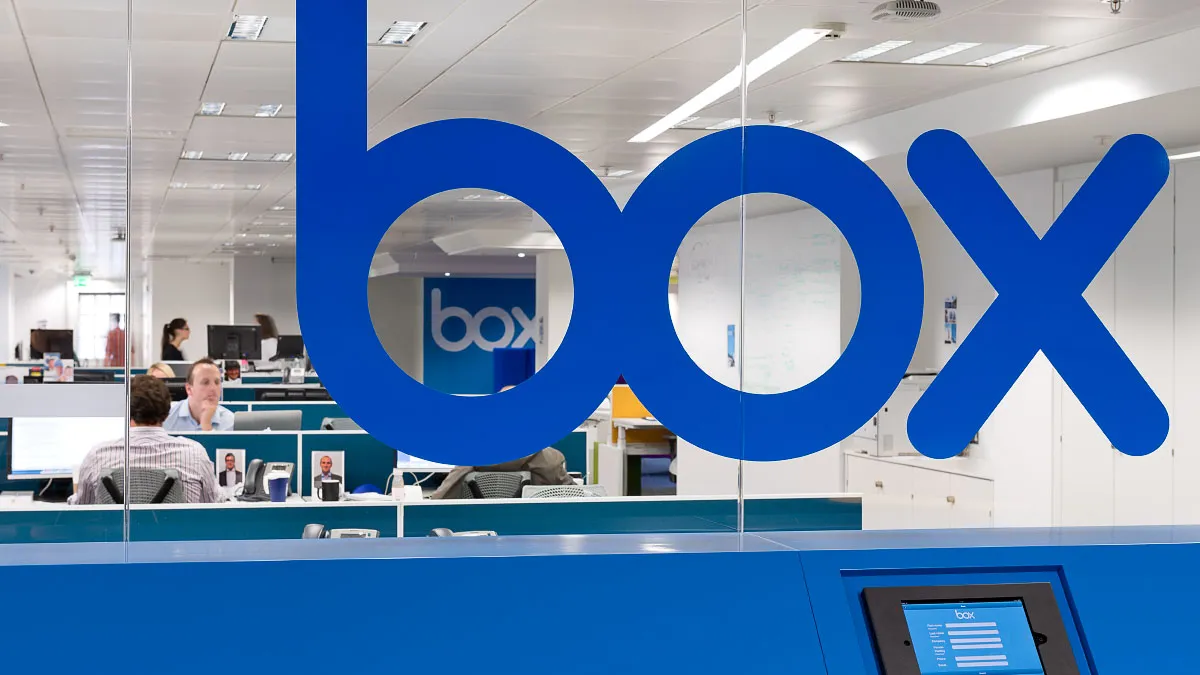Dive Brief:
-
As part of workplace technology modernization, more organizations are adopting applications and user-friendly services from an array of vendors to meet employee needs. This, in turn, can create application and process overload. It often arises in instances where employees are operating without technology guidance because IT has not stepped up to coordinate and guide the corporate technology stack, said Aaron Levie, co-founder and CEO of Box, in an interview with CIO Dive.
-
But in the digital age, the role of an IT organization is to outline a company's platforms and ensure they're as user-centric and seamlessly integrated as possible, Levie said. IT can help make sure employees are not overburdened by numerous tools. "Usually we see the fragmentation of apps and more sprawl come when IT has not actually taken a leadership stance in driving that modern digital workplace," he said.
-
To modernize and remain competitive, businesses need to create a corporate technology environment modern and flexible enough to meet the demands of employees who have high expectations because of technology available in their consumer lives. There's an emerging conversation in every IT organization where companies are evaluating ways to give employees better tools without wasting time and energy, Levie said. At the same time, companies are considering ways to maintain compliance and keep data secure with the integration of more agile technology.
Dive Insight:
With talk of emerging tools and lessening the burden on employees, it is easy to leap to notions of implementing artificial intelligence and automation to free workers from rote tasks.
Silicon Valley and other technology communities prophesy of a time where automation and intelligent systems will reign, creating an overwhelmingly technical environment. Such scenarios lead to questions about how job displacement will impact the workforce.
The industry is a decade away from large organizations operating as true digital workplaces, Levie said. "We're still pretty far away from the average enterprise having AI bots to replace employees."
Even though it's far-off, the tech sector still has to consider AI ethics and ensure it creates a sustainable environment as organizations work to create the future of jobs, he said.
The conversation around the future of jobs is different than the future of work. The former relates workers' roles in an increasingly automated environment. By comparison, the latter evaluates how teams collaborate, function and remain productive and what role technology can have to facilitate operations.
In May, Box launched the Future of Work Council in tandem with other technology companies to address challenges companies will face in the future. One of the chief concerns is the ability to hire and retain employees in a workforce where technology talent is becoming a prized commodity.
Without more modern tools, company leaders understand they can't compete for talent. But organizations will have to maintain a delicate balance creating a workplace that is technologically savvy and still user-friendly.












